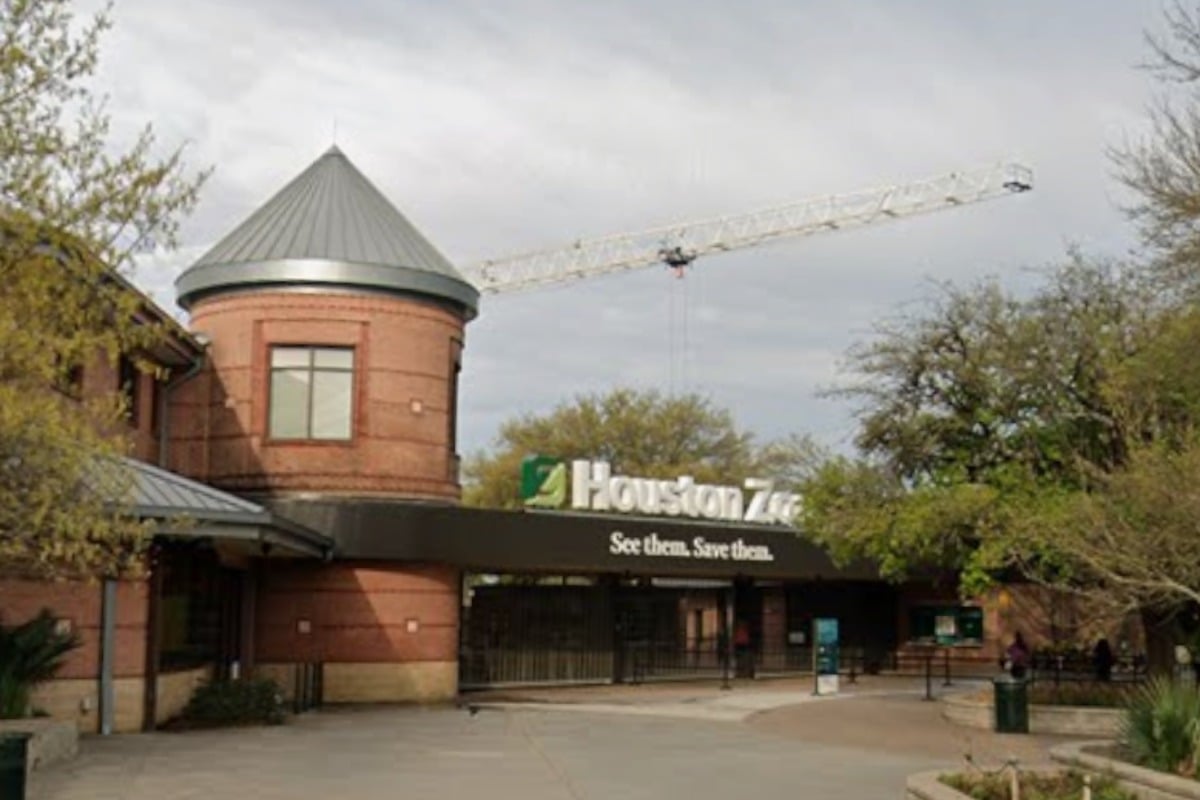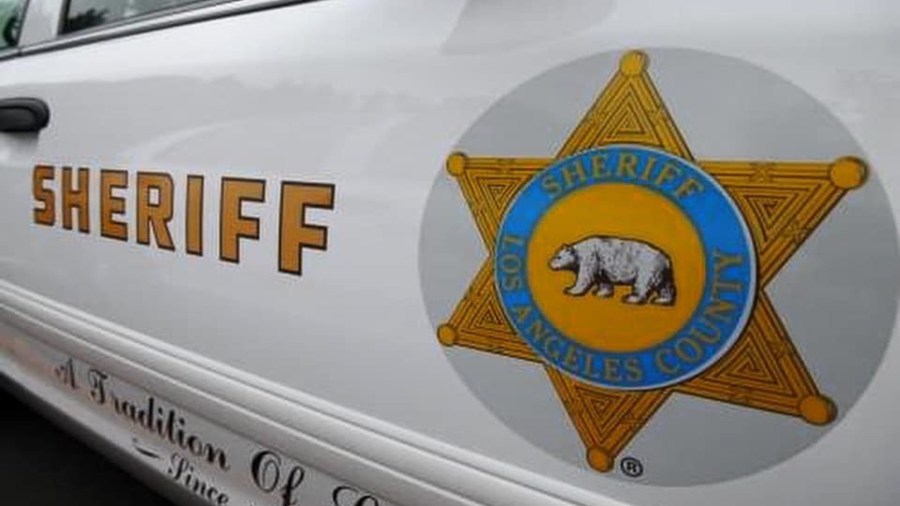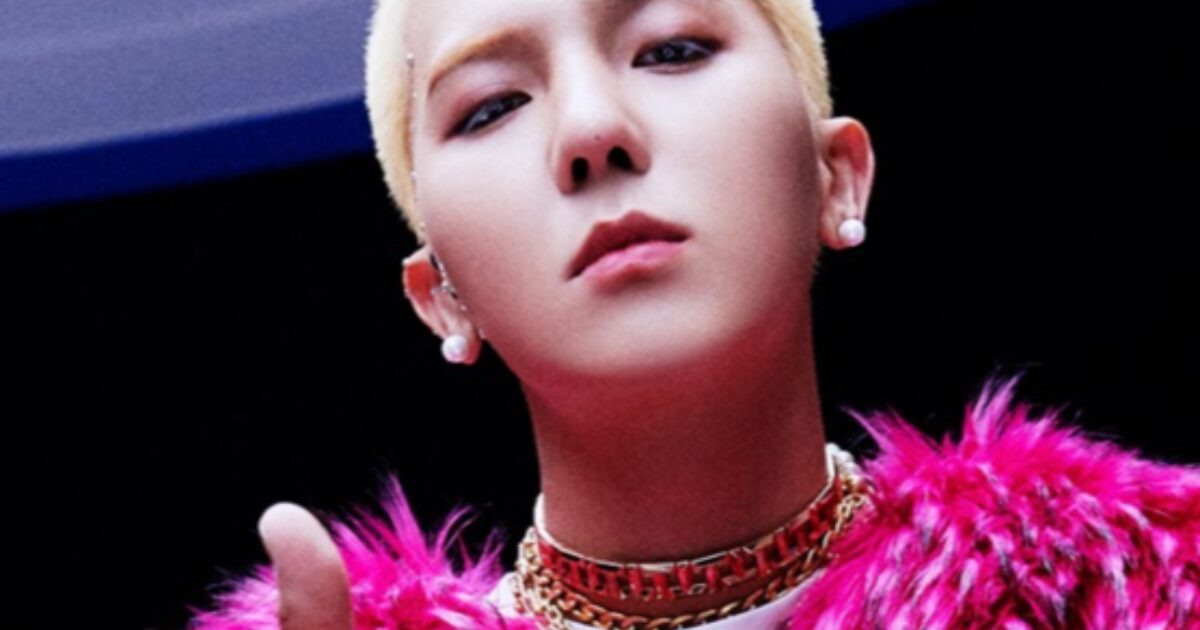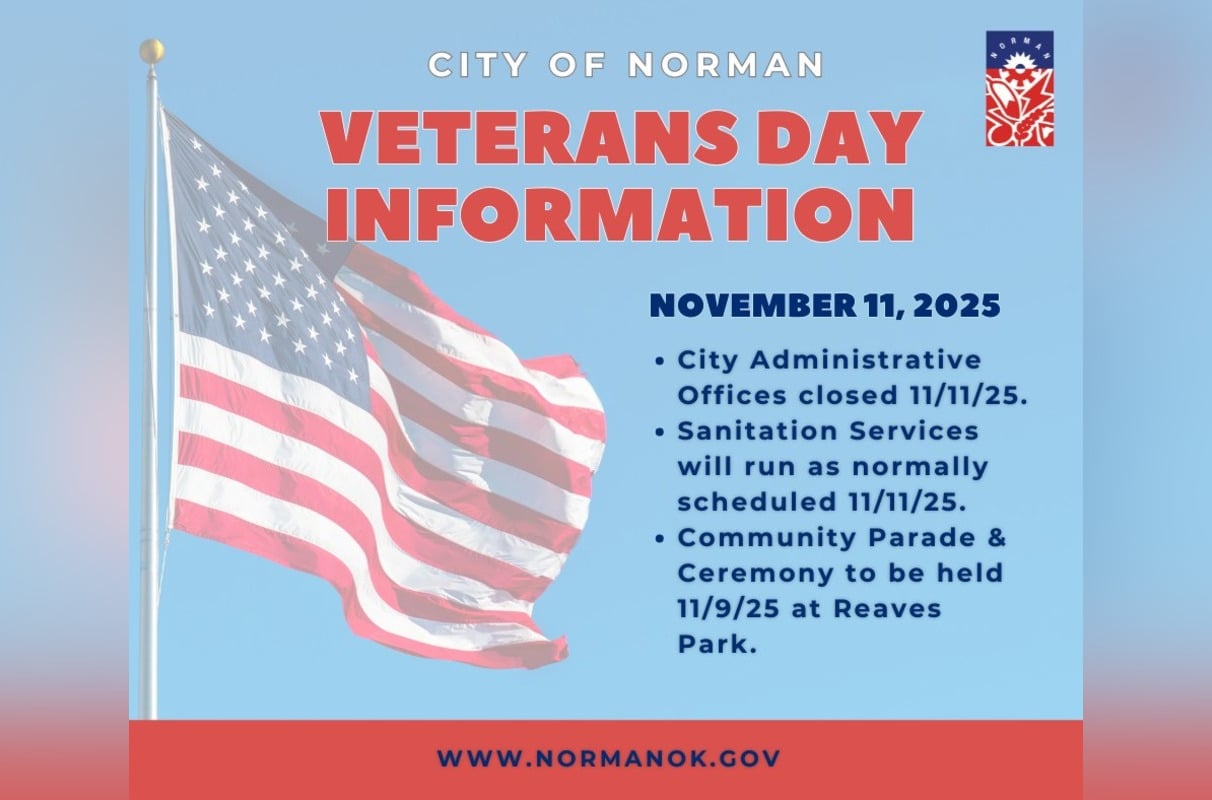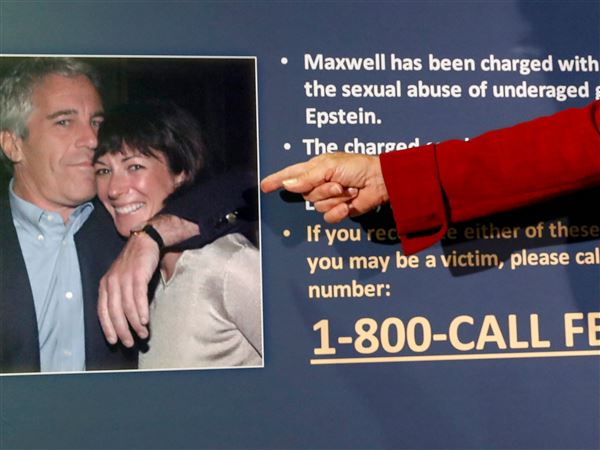BREAKING NEWS: Houston’s innovative mRNA vaccine is transforming elephant conservation efforts as it shows promising results against a deadly herpesvirus threatening juvenile Asian elephants. Developed by the Houston Zoo in collaboration with Baylor College of Medicine, the vaccine was first administered on June 18, 2024, and has already begun to save young lives.
Recent reports confirm that two vaccinated calves, Sanjay and Kabir from the Cincinnati Zoo, have tested negative for the lethal Elephant Endotheliotropic Herpesvirus (EEHV), even after previously showing signs of the virus. This breakthrough is critical as EEHV has been a leading cause of death among juvenile Asian elephants in captivity, with a high fatality rate among symptomatic cases.
The vaccine’s early success comes as a beacon of hope for conservationists.
“This could dramatically reduce losses and change how we protect endangered herds,”
remarked a representative from the Association of Zoos and Aquariums. The vaccine’s durability has been evidenced by the calves developing robust antibody responses, which allowed them to clear low-level infections without progressing to severe illness.
Houston’s groundbreaking efforts have attracted attention from multiple institutions across the U.S. The Fort Worth Zoo has vaccinated its young calf, Brazos, while the Rosamond Gifford Zoo in Syracuse has administered the vaccine to its rare twin calves. Researchers are actively collecting blood samples to monitor immune responses, indicating a coordinated effort to tackle this pressing challenge.
The partnership between the Houston Zoo and Dr. Paul Ling at Baylor College of Medicine began after a tragic loss of a young calf, Mac, to EEHV. Their joint commitment has led to a vaccine that could potentially revolutionize how zoos and conservationists manage elephant health.
Despite these promising developments, experts urge caution. The program is still in its infancy and requires further data, production capacity, and standardized protocols before a wider rollout can occur. However, with support from organizations like Colossal Biosciences and various conservation groups, the outlook remains optimistic.
Looking ahead, as monitoring expands and more elephants are included in ongoing trials, Houston’s vaccine could emerge as a global tool against EEHV. This innovative approach could protect not only elephants in human care but also at-risk populations in the wild, marking a significant milestone in elephant conservation.
Stay tuned for more updates on this urgent and developing story. The future of Asian elephants may be brighter thanks to Houston’s pioneering research and collaborative efforts.

